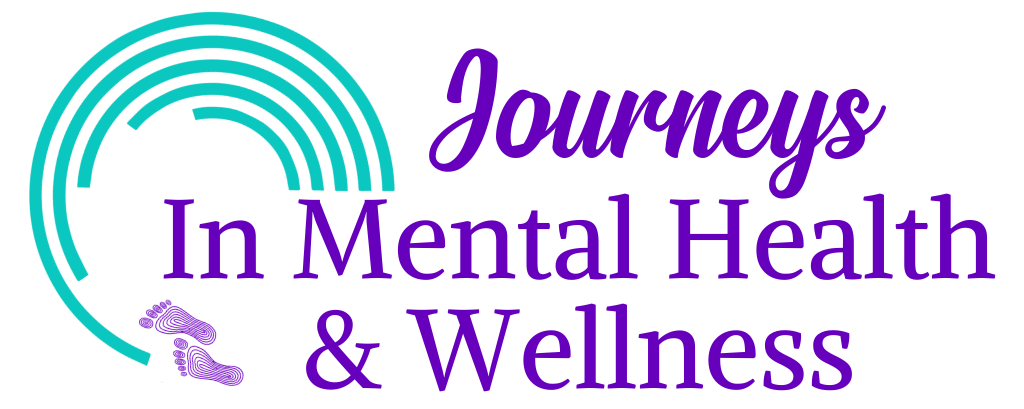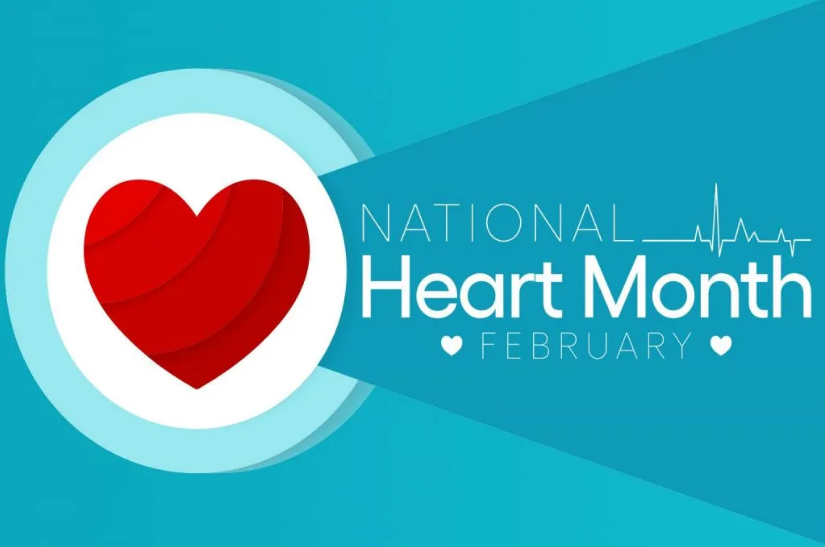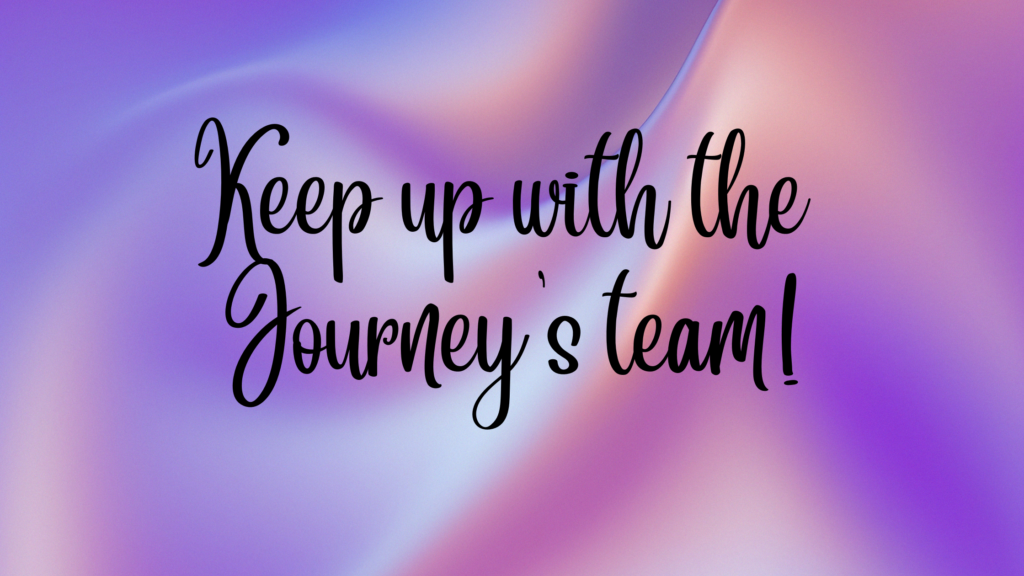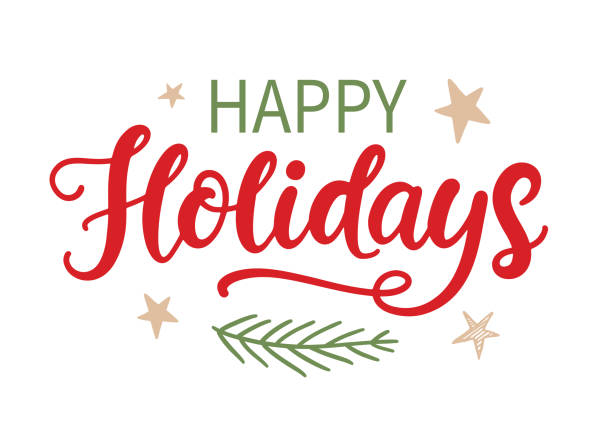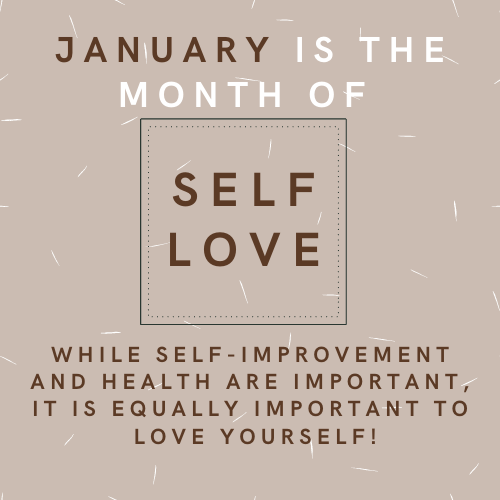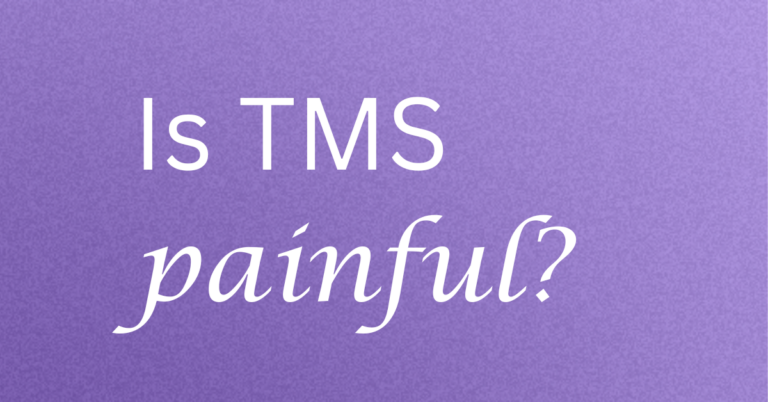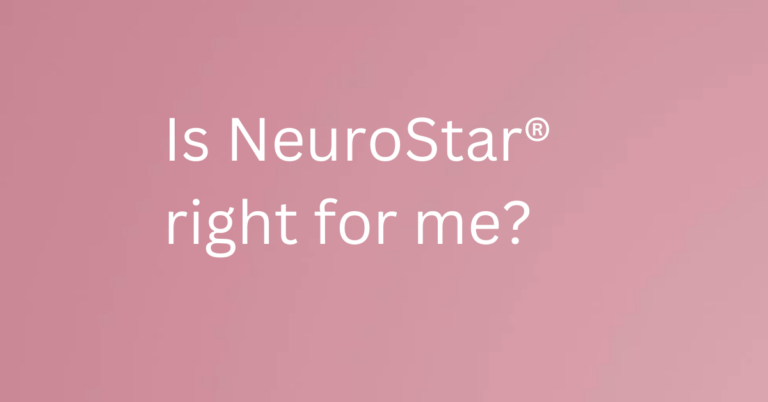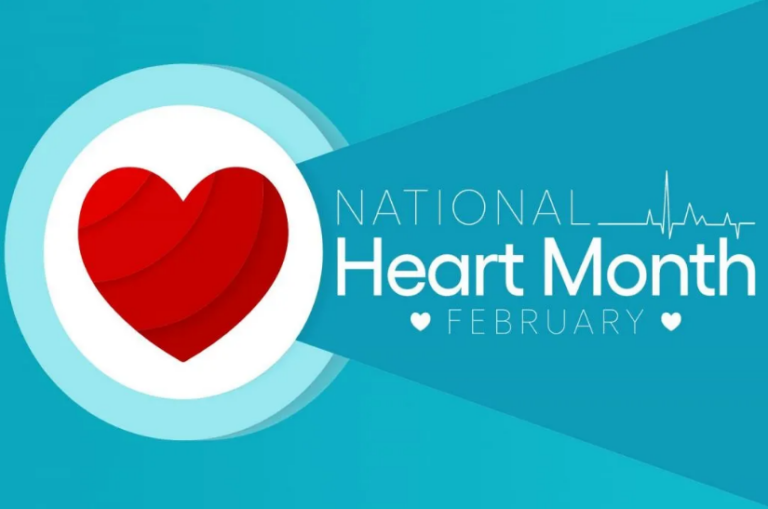Mindful Moments with Journeys
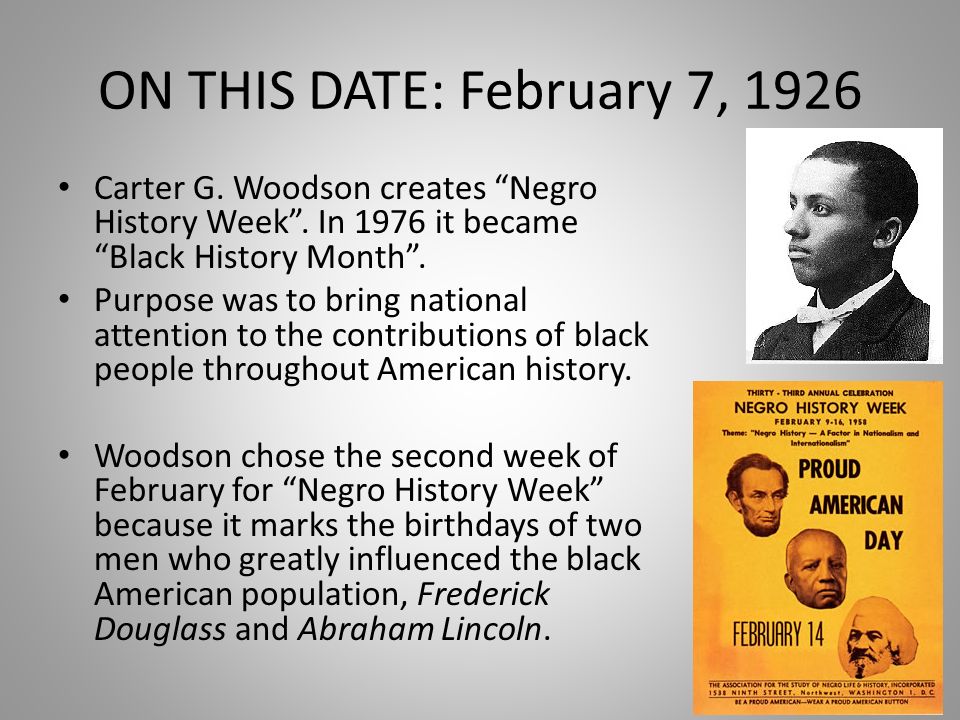
The Origins of Black History Month are linked to Abraham Lincoln and Frederic Douglas
The story of Black History Month begins in Chicago during the summer of 1915, half a century after the Thirteenth Amendment abolished slavery in the United States. Harvard-trained historian Carter G. Woodson and prominent minister Jessee E. Moorland traveled from Washington, D.C. to participate in a national celebration of the fiftieth anniversary of emancipation sponsored by the state of Illinois. Thousands of African Americans traveled from across the country to see exhibits highlighting the progress their people had made since the destruction of slavery. The event lasted for three weeks and before Woodson left town, he and Moorland formed the Association for the Study of Negro Life and History (ASNLH). Woodson hoped to promote the achievements of black people throughout history and in 1925, he sent out a press release announcing Negro History Week in February, 1926.
February was chosen because it is the birth month of two great Americans who shaped black history, Abraham Lincoln and Frederick Douglas, whose birthdays are February 12th and 14th, respectively. Since the assassination of president Lincoln in 1865, black communities and Republicans have been celebrating his birthday in February and since the 1890s black communities have celebrated Douglass’ birthday in February.
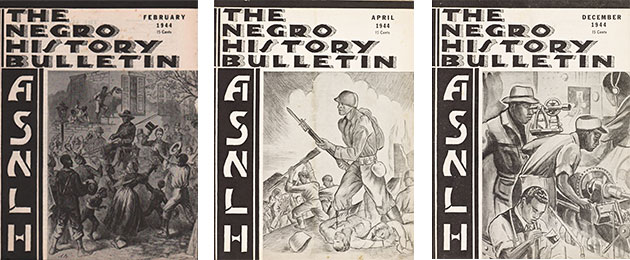
In 1777, Vermont became the first colony to ban slavery.
The movement was so successful that Negro History Week evolved into Black History Month by the 1960s. Gerald Ford officially recognized Black History Month in 1976.
Black History Month is an annual celebration of achievements by African Americans and a time for recognizing their central role in U.S. history. Woodson dedicated his life to educating African Americans about the achievements and contributions of their ancestors.
Vaccinations was introduced to America by an enslaved African named Onesimus. The practice had been used in Africa for centuries
LITTLE KNOWN FACT
We all know about Dr. Martin Luther King and Malcom X to Rosa Parks but did you know..
- In 1624, William Tucker became the first recorded African child to be born in the colonies.
- In 1777, Vermont became the first colony to ban slavery.
- In 1892, Sarah Boone, an African American dressmaker, invented the modern ironing board and became one of the first Black women to receive a patent.
- Madam C.J. Walker created a line of haircare products for African American women, leading her to later become the first female African American self-made millionaire. There is now a Netflix series based upon her journey, titled Self Made.
- In 1940, Hattie McDaniel became the first Black person to win an Oscar, for her supporting role in Gone With the Wind. Twenty-four years later, Sidney Poitier became the first Black man to win an Oscar, for his leading role in Lilies of the Field.
- The Three-Light traffic signal was invented by a black man named Garrett Morgan
- Vaccinations was introduced to America by an enslaved African named Onesimus. The practice had been used in Africa for centuries
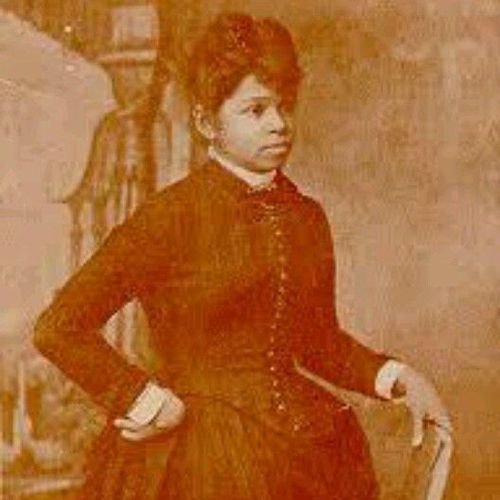
In 1892, Sarah Boone, an African American dressmaker, invented the modern ironing board and became one of the first Black women to receive a patent.
Every president since Gerald R. Ford through Joe Biden has issued a statement honoring the spirit of Black History Month.
Ford first honored Black History Week in 1975, calling the recognition “most appropriate,” as the country developed “a healthy awareness on the part of all of us of achievements that have too long been obscured and unsung.” The next year, in 1976, Ford issued the first Black History Month commemoration, saying with the celebration “we can seize the opportunity to honor the too-often neglected accomplishments of Black Americans in every area of endeavor throughout our history.”
President Jimmy Carter added in 1978 that the celebration “provides for all Americans a chance to rejoice and express pride in a heritage that adds so much to our way of life.” President Ronald Reagan said in 1981 that “understanding the history of Black Americans is a key to understanding the strength of our nation.”
Sources: KVUE.COM
WENDELL OFFICE
3134 Wendell Blvd
Wendell, NC 27591
Phone: (919) 374-7283
Fax: (919) 374-7285
Email: wendell@jmhw.org
WILSON OFFICE
2305 Wellington Dr SW Suite E
Wilson, NC 27893
Phone: (252) 306-7474
Fax: (252) 306-7475
Email: wilson@jmhw.org
AFTER HOURS EMERGENCIES AND CRISIS
Patients ages 3-20
The Hope Center’s Mobile Outreach Response Engagement Stabilization (MORES) service is available now for youth ages 3-20 in Wake, Johnston, Orange and Durham Counties, 7 days a week from 10am-10:30pm.
The MORES service is a specialized crisis response service without adding additional trauma from police presence, unless needed. The team will be dispatched once the parent/caregiver contacts KidsPeace (484-215-6756) during the time of crisis.
(For Crisis Services outside of MORES’s hours of operation, please contact the Alliance Access and Information line at 1-800-510-9132.)
Patients ages 21 and older
Call the Mobile Crisis Team operated by Therapeutic Alternatives. Substance abuse, mental health crisis, and developmental disability issues.
1-877-626-1772
Monarch Behavioral Health Urgent Care – Raleigh
319 Chapanoke Rd Suite 120 Suite 120, Raleigh, NC 27603
Phone: (919) 703-2845
NO APPOINTMENT NECESSARY.
Same-Day Walk-in Care
Local Help Centers
Dorothy Mae Hall Women’s Center
(919) 371-8523
Helping Hand Mission
(919) 365-0757
East Wake Senior Center
(919) 365-4248
Policy Department
(919) 365-4444
Fire Department
(919) 365-3635
Local Food Pantries
Wendell United Methodist Church
129 N Main St Wendell, NC 27591
Calvary Faith Center – Community Day
4825 Rolesville Road Wendell, NC 27591
ZUMC Food Pantry
114 W Sycamore St Zebulon, NC 27597
